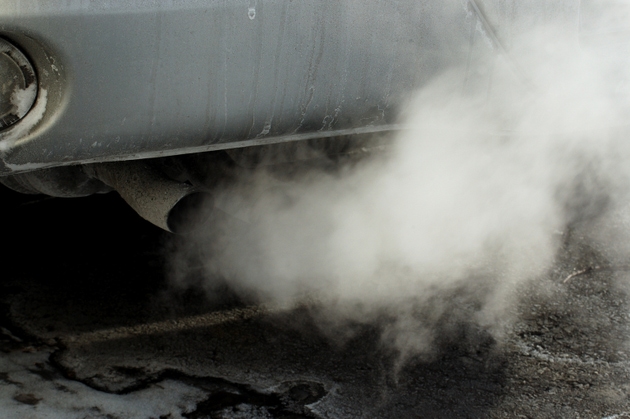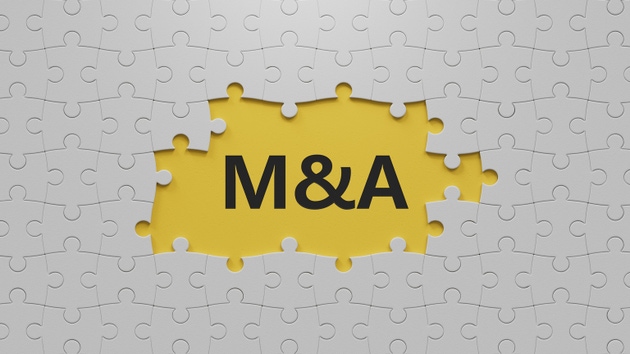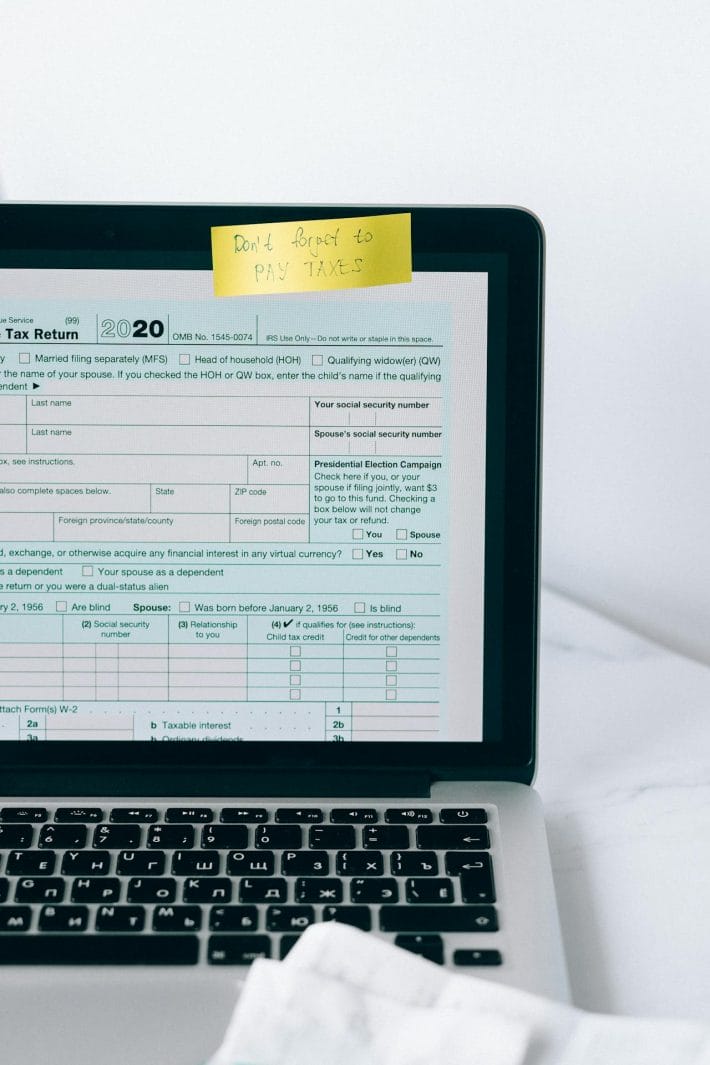When a disaster like a fire or severe storm upends your home — the place you feel safest — all you want is to get life back to normal. But after filing a claim, home insurance settlements aren’t always as straightforward or quick as you may expect. Understanding how to navigate the payment process can save you stress, time, and money down the road.
Learn more: Homeowners insurance: What it covers and how much you’ll pay
While every claim is different, most home insurance payments follow the same general steps from submission to payout. Here’s what the process usually looks like:
File a claim: After a disaster, the first step is to file a claim with your insurer, which you can usually do by phone, online, or through a mobile app, depending on your insurance company.
Adjuster inspection: Once your claim is submitted, the insurer will send out an adjuster to take a closer look at the damage and assess the repair costs. The adjuster may use photos, detailed notes, and sometimes even technology like drones to determine what needs to be repaired or replaced and what falls under your policy’s coverage.
Cost estimate: If the damage is covered under your policy, your insurer will approve the claim. The adjuster then uses industry-standard pricing software to estimate the cost of repairs, including labor, materials, and other expenses, such as permits or inspections, to ensure that the repairs are up to code. They’ll also factor in your coverage limits and deductible so the estimate lines up with the details of your policy.
Payment disbursement: Once the estimate is complete and the claim is approved, your insurance company typically sends a payment in the form of a check. This is usually just a portion of your total settlement and helps you get started hiring contractors and making payments. In many cases, you’ll receive multiple checks throughout the process. For example, if both your home and personal belongings are damaged, you may receive one check for structural repairs and another to replace items like furniture, clothing, or electronics.
Expert tip: The adjuster might not be able to inspect your home right away, especially if there are safety concerns, blocked roads, or many homes were damaged in the same disaster. That’s why it’s crucial to document the damage yourself. Take plenty of photos and videos so you can show your insurer later. The more proof you have, the faster your adjuster can move your claim along.
If you need to hire a cleanup or remediation company before the adjuster arrives, their work may already be underway by the time the inspection happens. Without photos or receipts, it could be more challenging to prove the full extent of the damage. Fortunately, your policy may cover cleanup services, but the amount depends on your specific limits.
Learn more: What does homeowners insurance cover?
Generally speaking, your insurance company issues an initial payment once the claim is approved. This way, you won’t have to stress about covering payments upfront. However, you will have to pay your deductible, which is then subtracted from the total settlement amount. For example, if your dwelling deductible is $2,000 and your claim estimate is $30,000, your total payment amount would be $28,000.
There are situations where you may need to spend some money right away. For example, let’s say a tornado tore through half of your roof, making your home unsafe to live in. In that case, you may need to pay for someone to come out and make emergency repairs like tarping a roof, boarding up windows, or hiring a remediation company to handle water damage. Depending on the severity, this work may need to happen before the adjuster can inspect your property.
The good news is that many of these upfront expenses are reimbursable (up to policy limits) if they’re covered under your policy. Just make sure to keep all receipts, photos, and detailed documentation so you can submit them to your insurer.
Every insurer has its own process: The key is to stay in touch with your insurance company before making big payments out of pocket. That way, you’ll know what’s covered, what will be reimbursed, and what you may ultimately be responsible for.
Learn more: What does home insurance not cover?
Depending on the severity of your covered loss, your insurance payment won’t typically come straight to you. Here’s who gets paid first in these scenarios:
If you have a mortgage: The check is usually made out to both you and your mortgage company. That’s because your lender has a vested financial interest in your home and wants to make sure the payout is used for repairs, not for anything else. As part of your loan agreement, your lender is typically listed on your homeowners insurance policy and included on any payments tied to fixing the structure of your home. Your lender may also want to inspect the finished work before sending the final payment to your contractor.
If you live in a condo or co-op: In this case, the building’s management company may require the insurance check to also include the building’s financial group. If a lender or building management company is named on the check, they’ll need to sign it before you can cash or deposit the money. Sometimes, the lender even holds the funds in an escrow account and releases the money in stages as the work gets done.
If your home is completely destroyed: Insurance money is handled a little differently, in this case. The payout amount and who receives the money depend on your insurance coverage and mortgage agreement. While a portion of your settlement may go toward paying off the remaining mortgage balance, you may have the option to decide how to use the rest of the funds. Your options may include rebuilding in the same spot, buying a new home elsewhere, or choosing not to rebuild at all. Keep in mind that state laws can also impact how the money is spent.
Learn more: How much homeowners insurance do you need?
Insurance companies and mortgage lenders usually set guidelines and deadlines for proving that repairs are finished. These rules help prevent fraud and protect your lender’s interest in the property, since your home is used as collateral for your loan. While the exact guidelines vary, missing a deadline can create problems.
Sometimes your payment just gets delayed until you send in the proper paperwork. But in more serious cases, the insurance company may deny part, or worse, all of your claim. If you have a mortgage, your lender may also step in. For example, they may send an inspector to check the repairs, since they want to make sure the home is restored to its original condition.
Expert tip: To avoid missing deadlines, regularly follow up with your insurer and lender, and make sure you know all guidelines and deadlines in advance. If any delay pops up, let them know immediately so they can adjust timelines accordingly.
Learn more: What is umbrella insurance, and why should you consider it?
Don’t worry if your first insurance check is smaller than you expected. That’s a normal part of how the payment process works. Here are a few common reasons why this happens:
Deductible: A deductible is the amount you agree to pay out of pocket before your insurance covers any costs. That’s why your insurer usually subtracts it from your settlement check. In some situations, you could end up paying more than one deductible. For example, if the same storm caused both flood and wind damage, you’ll likely have to file a claim under two different policies, and each policy comes with its own deductible.
Recoverable depreciation: If your policy includes replacement cost coverage, it pays to repair your home using today’s building prices. But your first check may only reflect the item’s actual cash value (ACL)—what it’s worth after age and wear are factored in. Once you show proof that repairs are complete, the insurer sends another payment to cover the difference. This extra payment is referred to as recoverable depreciation, and the process can vary depending on your policy.
Categories of damage: Home insurance policies cover different areas, like the structure of your home, your personal belongings, and additional living expenses (ALE). Because of this, you may receive more than one check—one for your house, another for your belongings, and possibly a separate one for ALE if you can’t live at home while repairs are being made.
So, while that first check may seem small, it’s usually just the starting point. As repairs move forward and you provide documentation, more money is often released to cover the full cost.
Learn more: How much is homeowners insurance? A guide to lowering costs.
Insurance companies usually handle contractor payments in one of two ways:
Paying the contractor directly
Reimbursing you after you’ve already paid the contractor
If you have a mortgage, your lender may also be involved. In that case, the lender often releases funds in stages as work is completed and may require inspections before releasing the next payment.
To protect yourself and keep the process running smoothly, here are a few things to keep in mind when paying contractors:
Request a written contract: Insist on a written contract that clearly lays out the scope of work, the payment schedule, and the expected timeline for completion. Before signing, read over it very carefully so you know what you’re agreeing to. This helps prevent disputes and protects you if something goes wrong.
Pay with credit cards or checks: If you’re paying the contractors, avoid using payments such as cash, gift cards, payment apps, or wire transfers, since those are almost impossible to recover if there’s a problem.
Don’t rush into signing an Assignment of Benefits (AOB): After a disaster, a contractor may ask you to sign an AOB, which lets them work directly with your insurer and collect payment on your behalf. While this can be convenient, it also gives the contractor control over important things like repair decisions and payments. So, always read over the fine print before signing.
Be on the lookout for scams: Unfortunately, home repair scams are common after natural disasters. In fact, according to the National Insurance Crime Bureau, roughly $9.3 billion was lost to post-disaster fraud in 2023. Some contractors move into hard-hit areas looking to make quick money. Before you hire a contractor, take time to vet them by checking reviews, requesting references, and visiting consumer review and complaint sites such as the BBB Business Directory. Remember, it’s always a good idea to gather multiple quotes to compare your options.
Learn more: How to shop for homeowners insurance in 5 steps
After a loss, the home insurance claim process can feel overwhelming. But understanding the steps involved and how payments work can make recovery more manageable and help eliminate extra stress. Make sure to keep detailed documentation of the damage and repair progress, and keep in constant contact with your insurer and other service providers. This will help you stay prepared and keep the settlement process on the right track.
Learn more: How to file a homeowners insurance claim
Tim Manni and Jamie Young edited this article.






















